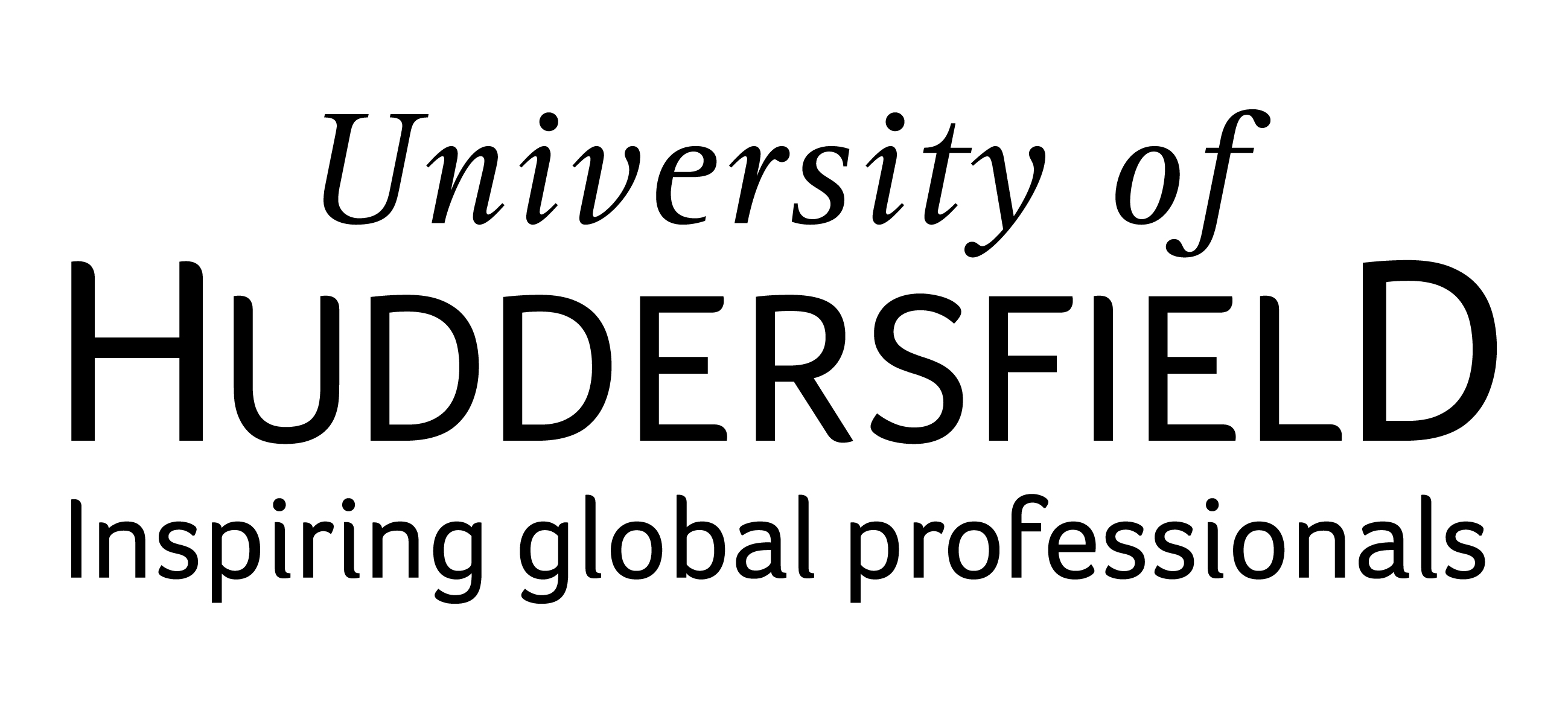Bloxham, S. (2004) âEmbedding Skills and Employability in Higher Education: an Institutional Curriculum Framework Approachâ, Higher Education Academy
This paper describes an institution led approach to embedding skills into the curriculum. St Martinâs College introduced  a âSkills and Employability Curriculumâ in 2002. This places the onus for providing ‘PDP, careers guidance and information-seeking skills as an integral part of their course’ firmly in the hands of programme leaders whilst also using the expertise of learning developers.
Durkin, K., and Main, A. (2002) âDiscipline-Based Study Skills Support for First-Year Undergraduate Studentsâ Active Learning in Higher Education 3 (1), pp.24-39.
This paper details initiatives to integrate skills into the curriculum at the  School of Design, Engineering and Computing at Bournmouth University. The conclusions and recommendations underline the importance of student and staff support for change.
Gerrard, C., Tweedie, S., McVey, D. (2005) Embedding Effective Learning Skills in the Curriculum: Case Studies and Interventions. University of Paisley, Scotland.
Whilst acknowledging other viewpoints ‘this paper assumes that students must possess, acquire and develop certain key skills to allow them to fully participate in the university learning experience, to develop a sense of “graduateness” and to enhance employability’. Using three case studies from different disciplines it illustrates various approaches to skills teaching and asks pertinent questions about institutional implications for following the ’embedded model.’
Hill, P & Tinker, A. (2013) âIntegrating Learning Development into the Student Experienceâ Journal of Learning Development in Higher Education, No 5Â
This article focuses on the promotion of the integration of skills development into the subject curriculum as theory is put into practice. As Learning Developers at the University of Huddersfield, Hill and Tinker document their progress in working towards a more strategic level of integration through the course validation process and development of resources.
Hunter, M. S., Tobolowsky, B. F., Gardner, J. N., Evenbeck, S. E., Pattengale, J. A.,Schaller, M. A. and Schreiner, L. A. (2010). Helping Sophomores Succeed:Understanding and improving the second-year experience. San Francisco: Jossey-Bass.
Although American, this edited volume contains useful contributions to the debates on the second year experience and progression.
Liverpool John Moores (n.d.) The Forgotten Year:Tackling the sophomore slump. Available at http://secondyearexperience.ljmu.ac.uk/ [Accessed 20th October, 2014]
This HEA project examined issues related to the second year of study but also considers overall progression. There is a comprehensive bibliography on student engagement, retention, progression and achievement under the Staff Zone/resources in the pop down menu.
Manalo, E., Marshall, J., & Fraser, C. (eds)(2010) Student learning support programmes that demonstrate tangible impact on Retention, Pass Rates & Completion. Aotearoa (N.Z.):Ako Aotearoa Northern Regional Hub.
This report includes seven cases studies which illustrate where skills are ‘integrated within specific subject disciplines’. It centres on the impact of these initiatives and aims to ‘enhance understanding of strategies that make a difference to student learning’. One of the main aims is to demonstrate improvements in ‘retention and completion rates’. Ideas and strategies for success in integrating skills are included.
Tariq, V.n.,Scott, E.m.,Cochrane, A.C.,Lee, M. & Ryles, L. (2004) ‘Auditing and Mapping Key Skills Within University Curricula’ Quality Assurance in Education 12(2), pp.70-81.Â
This paper describes a tool for mapping skills ‘within individual modules and across degree pathways’. It encourages the collection and analysis of data which can be used ‘to enhance students’ learning experiences.’
Wingate, U. (2006). âDoing away with ‘study skills’â Teaching in Higher Education, 11 (4 ), pp. 457-469.
Wingate argues for a move away from the teaching of writing skills which are taught separately towards âdeveloping studentsâ deeper understanding of knowledge.â There is a strong case made for fostering studentsâ understanding of their own learning through embedding the teaching of writing within the curriculum and acknowledging the epistemological issues surrounding student writing.
Wingate, U. (2010)  âEmbedding Academic Writing into Subject Teaching.’ Writing Development in Higher Education Conference 28th -30th June, London.
This presentation outlines  ‘five instructional methods’ of embedding the teaching of writing within subject disciplines and identifies common concerns about embedding writing skills.

